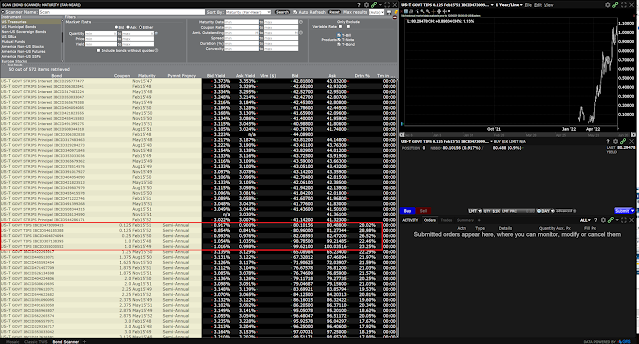信報 2022年6月30日
Mark O’Neill EJ Insight
Epidemic and 40-year-high inflation stalk HK migrants in UK
The website of the Trinity Church in Sutton, southwest London, is written
in English and traditional Chinese – 歡迎香港人, Welcome Hong Kong
people.
"The middle of a pandemic is not an easy time to arrive in a new country and
we want to support you as you settle here," it reads.
This is the work of Methodist minister Kan Yu, who emigrated from Hong
Kong to Britain 20 years ago and has set up the Sutton Hongkongers
Fellowship with more than 250 members. "We offer immigrants a way to share
their language, culture and emotions," she said.
The Trinity Church is one of 650 churches in the UK which have united to
support the new arrivals. Its website offers help with education, finding a
job, housing, visas and obtaining domestic help.
Hong Kong is experiencing its largest emigration since before 1997 and its
biggest in history to the United Kingdom, which allows holders of BNO
passports to emigrate, without the stringent conditions most countries use
to select immigrants.
According to British government statistics, since it launched the scheme,
about 123,400 Hong Kong people have applied for an entry visa and 113,742
received approval.
Of the arrivals so far, most are between 35 and 54 years old, 72 per cent
are married and 60 per cent have one or more children. Almost 70 per cent
have a degree, a study found.
In Britain, everything is different – weather, cuisine, lifestyle, social
customs and lack of cheap domestic help. Covid-19 still infects the
population. In May, UK inflation hit a 40-year-high of 9.1 per cent
year-on-year.
Such has been the rush to leave that many have found the move difficult,
struggling to find jobs, bank mortgages and the schools they want for their
children.
To minimise British tax liability, most migrants sold their apartment in
Hong Kong and brought all their savings.
Angie Chan and her husband bought a house in Reading, west of London,
after selling their HK apartment for more than HK$4 million. This enabled
them to buy a three-bedroom home with a garden. Angie's husband has kept
his job in IT by working remotely, but has taken a pay cut of 50 per cent.
Angie, 42, is learning to drive.
"It is not easy learning new skills when you are middle aged," she said.
"Everything is worth it because we have our freedom here."
In March 2021, Anne Leung moved with her husband, three children and two
large dogs and rented a house in southwest England. Her husband works as a
project manager for a NGO. Because they had friends in Hong Kong in jail,
they decided to leave. But they could not obtain a mortgage from a bank,
because they had been living in UK for less than a year.
Like the Leungs, new arrivals find it difficult to get a mortgage, because
British banks want to know the source of funds for the down payment to
ensure that it is "clean".
Raymond Chong, chief executive of StarPro Agency, a mortgage referral
brokerage firm, said that it was common to take 12 months to obtain a
mortage because of all the paperwork demanded by the banks. The quickest way
is to pay entirely in cash – in this case, the buyer only needs to convince
the lawyer that the money was "clean".
Education is a major factor driving parents to leave. They do not want
their children to receive the "patriotic education" to be given here, with
controls on what can be written, said and discussed.
But this is no simple matter either. Only the wealthy can afford a private
school in Britain. For the majority of migrants, that means a state school,
whose quality varies widely. To be eligible for a good one, you must live
within its catchment area -- its houses are more expensive as a result.
Like British people, Hong Kong migrants do intense research on the location
of the best schools and their neighbourhoods. A British government report
this month said that more than 8,500 Hong Kong students had applied for
British school places since last September.
One of the most popular is Solihull, a wealthy suburb of Birmingham. A
spokeswoman for the city council said that it had received more than 800
applications from Hong Kong children. "This has put unusual pressure on
the number of places available. Pupils may not be able to obtain a place
at their nearest or most preferred school," she said.
David Wong is a Chinese medical doctor in Kowloon. "My choice of speciality
meant that I cannot easily emigrate. I used to play tennis regularly but no
longer. All my partners have emigrated. Some are successful and some are
not.
"The key is research and preparation. Some spent months on finding out
where to live, work and find a school for their children. They are
prospering. Others left in a burst of emotion, anger against the police
and the government, but without preparation. They are struggling," he
said.
The exodus is likely to continue. The UK government expects more than
300,000 Hongkongers in the first five years of the programme. Kan Yu and her
fellow pastors have much work ahead of them.




















